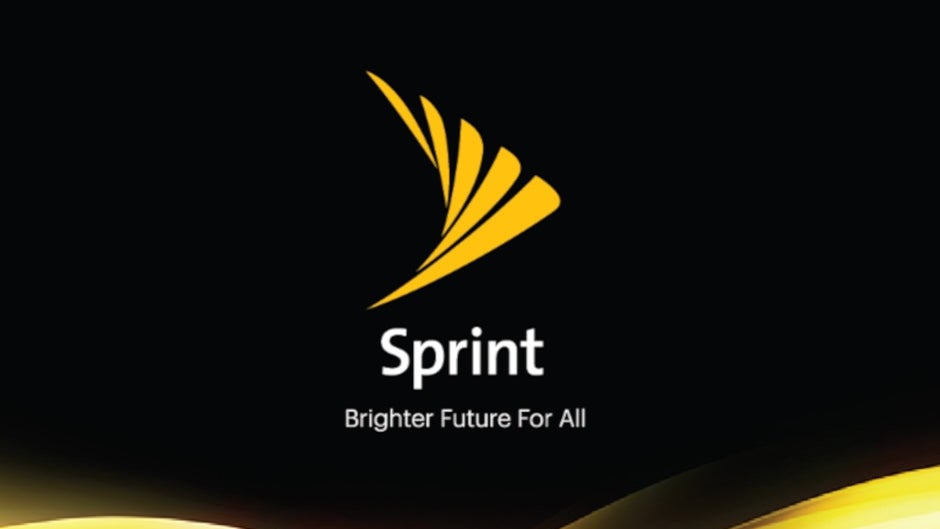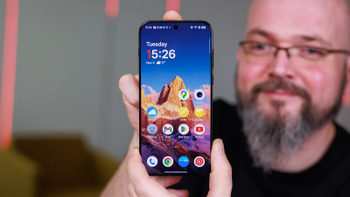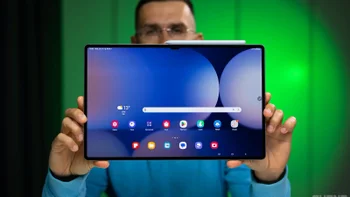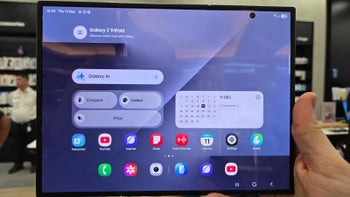Sprint cuts its losses, rolls out 5G during the carrier's fiscal first quarter

We've seen Verizon, AT&T and T-Mobile's latest earnings reports for the three months running from April through June. Today, Sprint reported its fiscal first-quarter numbers showing that postpaid phone connections declined by 128,000 year-over-year. Last year's fiscal first-quarter brought in 87,000 net postpaid phone additions and the previous quarter showed a net decline of 189,000. Postpaid churn was 1.74%, up from the 1.63% that the carrier experienced during the same period last year, but down from the 1.81% churn rate recorded during the previous three month quarter.
The number of prepaid connections suffered a net decline of 169,000. Last year's fiscal Q1 saw Sprint add 3,000 prepaid connections on a net basis. Prepaid churn rose from 4.17% to 4.23%. The company's prepaid units including Boost Mobile, Virgin Mobile, and Sprint's own brand, are being sold to Dish Network as part of the agreement with the U.S. Department of Justice that will allow the regulatory agency to approve the merger with T-Mobile. As part of that transaction, Sprint will jettison some of its 800MHz spectrum with Dish scooping it up.
Sprint is building out its True Mobile 5G network
At the end of the quarter, Sprint had 26.47 million postpaid phone connections, down marginally from the 26.85 million it had during the 2018 fiscal first quarter and the 26.60 million recorded during the company's fiscal Q4 last year. Prepaid connections amounted to 8.65 million during the fiscal first quarter, down from the 9.03 million it reported for the same time period last year. The company activated 3.48 million devices from April through June, slightly more than the 3.47 million it activated during the 2018 fiscal first quarter. The percentage of such devices financed declined from 83% to 79%, and 59% are being leased as opposed to the 70% that was leased last year. For the quarter, Sprint lost $111 million dollars, an improvement from the $287 million it lost during the fiscal first quarter in 2018. Earnings per share improved from a loss of 7 cents per share to a loss of 3 cents a share over the same period of time.

Former Verizon, now Sprint pitchman Paul Marcarelli
During the period, 30% of customer care conversations were handled by virtual agents using AI. More exciting is the build-out of Sprint's True Mobile 5G network. Now available in Atlanta, Chicago, Dallas-Fort Worth, Houston and Kansas City, other markets expected to be hooked up soon include Los Angeles, New York City, Phoenix and Washington, D.C. Once all nine metro markets have 5G service, Sprint's next-gen network will reach 11 million Americans giving it the largest "initial 5G coverage footprint in the U.S." 5G handsets available include the Samsung Galaxy S10 5G and the LG V50 ThinQ 5G. Sprint is also offering subscribers an HTC produced 5G mobile hotspot.
Sprint says that it doubled the number of its Massive MIMI radios deployed during the three months to 3,000 units. Also known as multiple-input and multiple-output, this technology allows for multiple signals to be sent over the same data channel thus increasing the capacity of the network and the dataspeed possible. Sprint has also added LTE bands on its 800MHz, 1.9GHz, and 2.5GHz airwaves.
"As Sprint launches True Mobile 5G, the company continues to believe that a merger with T-Mobile is critical to accelerate the deployment of a ubiquitous, nationwide 5G network – one that includes coverage in rural locations. The combined company is expected to have the resources and technology to build a 5G network that fuels innovation across every industry, dramatically increasing competition, unleashing new economic growth, and creating thousands of jobs and billions of dollars in U.S. economic value. Together, the combined company is expected to lead the world in next-generation technology services and applications, bringing 5G service to nearly all Americans."-Sprint
With approval from both the FCC and DOJ, the only hurdle remaining for the T-Mobile-Sprint merger to clear is a lawsuit filed by 13 state attorneys general and the attorney general of Washington D.C. seeking to block the transaction. The trial isn't expected to start until December. T-Mobile is reportedly engaged in settlement talks with the plaintiffs.
Follow us on Google News











Things that are NOT allowed:
To help keep our community safe and free from spam, we apply temporary limits to newly created accounts: